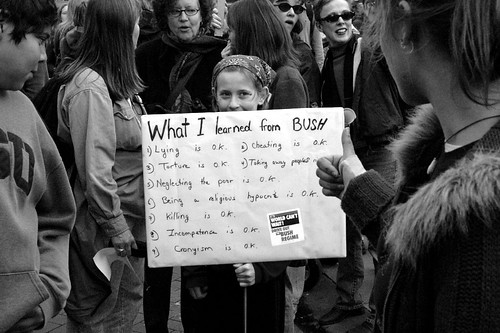
"This substantial money judgment sends a strong message about the illegality of these sites," MPAA chairman and CEO Dan Glickman said. "The demise of TorrentSpy is a clear victory for the studios."
In an interview with CNET News, Valence Media attorney Ira Rothken refuted the MPAA's claim, saying "What is really going on here is a Hollywood public-relations stunt." He added "The reason for the size of the judgment was so a bunch of news organizations would write that 'a $100 million judgment was issued against a bunch of pirates' when, in fact, it was declared against a company with no appreciable assets that has already declared bankruptcy."
It's fair to say that neither side is being completely honest. While it's true the jugement wasn't based on the merits of the MPAA's piracy claim, it's hard to imagine any other outcome after they were found to have destroyed evidence and lied under oath last year.
In finding for the MPAA last December U.S. District Judge Florence-Marie Cooper stated "The court finds that plaintiffs have suffered prejudice, to the extent that a rightful decision is not possible." She went on to say that the site's operators "engaged in widespread and systematic efforts to destroy evidence and have provided false testimony under oath in an effort to hide evidence of such destruction."
There are clearly legitimate questions about the case, in which the Electronic Frontier Foundation (EFF) presented a friend of the court brief. The brief sided with TorrentSpy on a court order requiring the logging IP addresses for the sole purpose of turning them over to MPAA lawyers. A senior EFF attorney compared it to forcing businesses to record telephone calls or employee conversations.
There are many lessons to be learned from the TorrentSpy case, not the least of which is the inherent danger of giving the courts control over technology they don't understand. But perhaps equally important is that defying the judge is a quick path to losing in court.
Written by: Rich Fiscus @ 8 May 2008 12:15


